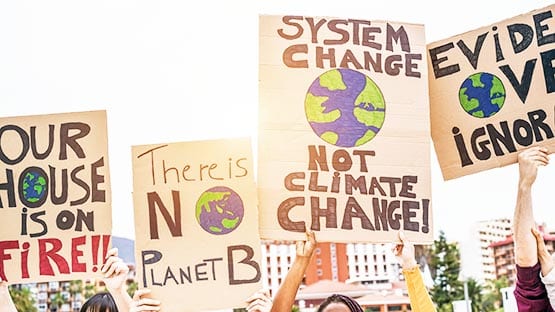
“There is no reason to sign into law legislation that would risk the educational well-being of our students,” McAuliffe said this week in vetoing HB 8, patroned by Staunton Republican Del. Dickie Bell, which would have expanded access to full-time virtual schooling for up to 5,000 students in Virginia.
The reasons given by the governor in his veto statement amount to filibustering. McAuliffe said in his veto statement that the legislation “raises significant concerns regarding proper management and oversight by allowing the Board of the Virginia Virtual School to operate outside the jurisdiction of the Board of Education, local divisions, and local school boards.”
“This would disrupt the established constitutional framework and the roles these entities play in ensuring the appropriate governance of schools, regulatory compliance, and positive student outcomes,” McAuliffe said.
Oddly, the governor also complained in his statement that the resources allocated to virtual learning in the biennial state budget would be “insufficient,” and that “(i)nadequate funding and staffing will put all participating students, specifically English Language Learners, students with disabilities, and other at-risk youth, in danger of not receiving their constitutionally-guaranteed education.”
Bell, in a statement on the governor’s action, blasted McAuliffe for going back on his earlier support of virtual learning.
“Gov. McAuliffe signed similar legislation in 2015, and in conversations with the Governor prior to the adjournment of the Session he indicated that he was very supportive of the concept of virtual education. Unfortunately, he chose to ignore his own instincts and instead pandered to the will of the education lobby, who support the status quo,” said Bell, noting that 30 other states already have full-time virtual learning programs in place.
McAuliffe “talks about his support of New Virginia and advocates the use of new technology to stem economic growth, however, with this veto he will allow Virginia to fall further and further behind the curve with virtual education. This veto seems to be more about who controls the virtual education environment than about what’s best for Virginia’s students,” Bell said.
Bell vowed to fight to override the veto later this month when the General Assembly reconvenes, but that doesn’t appear likely. The bill passed the House by a 60-36 margin and the Senate by a 23-17 margin last month, far short of the two-thirds majority needed for an override.
“If we are unsuccessful, we will continue our work throughout the interim and into the 2017 Session,” Bell said. “Every child in Virginia deserves a top-notch education, regardless of their zip code, abilities, and socioeconomic status and I will continue to stand as a leading voice for those who cannot get that education in the traditional classroom.”
Story by Chris Graham










